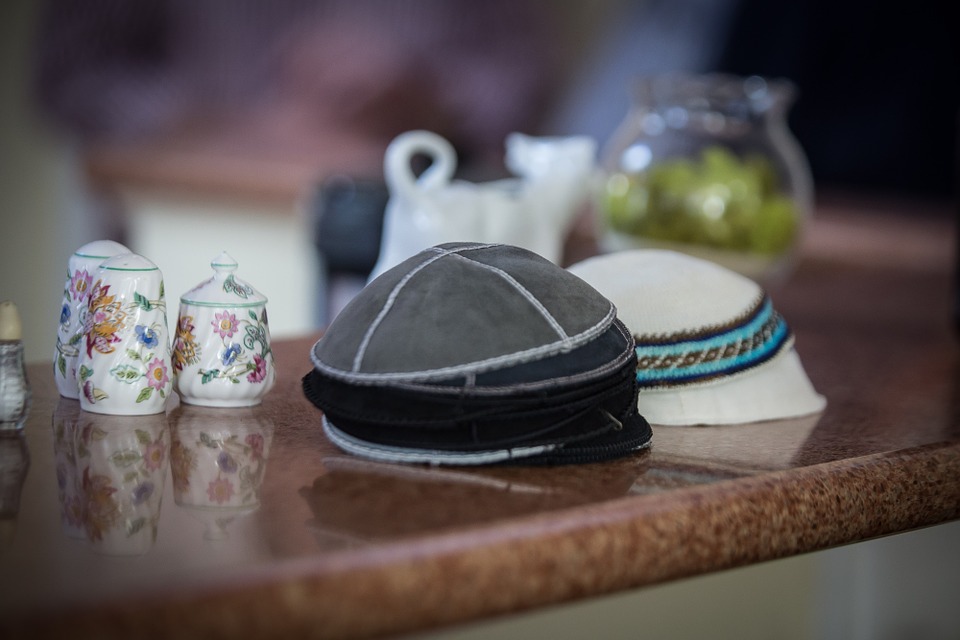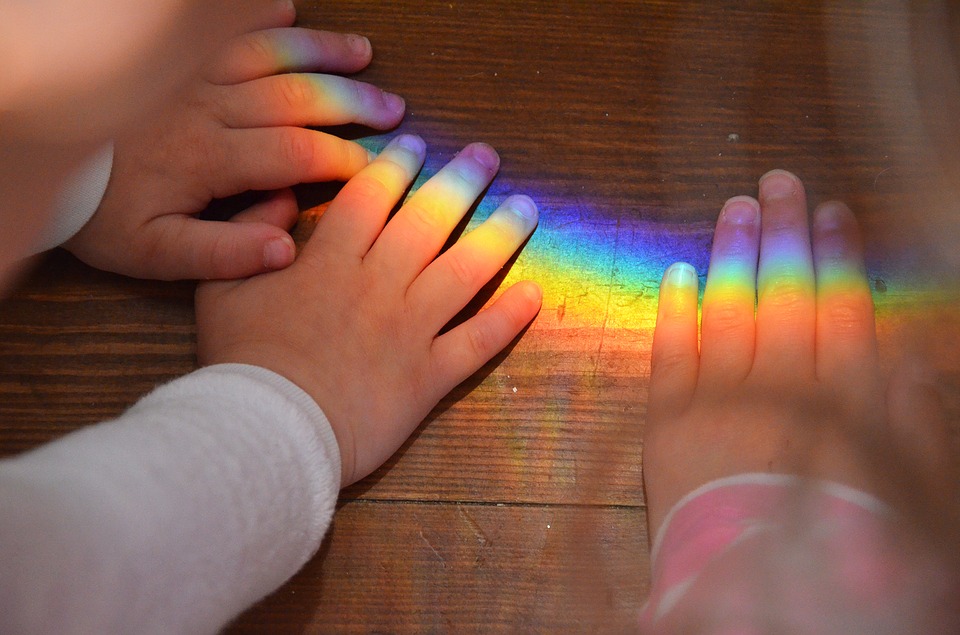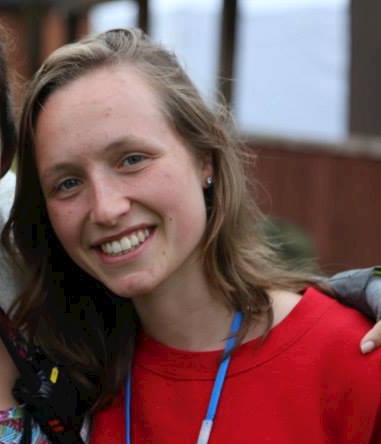Last week, a High Court judge ruled that a transgender parent could not have direct contact with her ultra-orthodox Jewish children. The decision was justified on the basis that the welfare of the children is the Court’s “paramount” consideration.

The Background
Five children live in an ultra-orthodox Jewish community in Manchester with their mother. The community keeps a strictly religious life and is largely isolated from the secular world.
The parents’ marriage ended in June 2015 when their father left the family home and began living as transgender. She has been ostracised by the community which does not accept transgender identity.
The children have not seen their father since then. The dispute was over what contact the father should have with the children.
The Law
This case brings three sets of rights into conflict: children’s rights, the rights of religious groups, and transgender rights.
Overriding Test
When parents cannot agree, the court must decide questions of children’s upbringing with their welfare as the “paramount consideration” (s1(1) Children Act 1989). This means that preventing harm to children trumps preventing harm to others.
Children’s Rights
The children also have rights under the United Nations Convention on the Rights of the Child. It is not legally binding, but judges should interpret the law in light of the rights within it. These include:
- The right to preserve one’s identity
- The right of children old enough to form their own views and be listened to
- Children’s right to freedom of expression
Transgender Rights
Transgender people have the right to be recognised in their new gender. Transgender is also a protected characteristic under equality law. This also protects anyone associated with a transgender person. This means it would be unlawful for the children’s schools to treat them differently, because of their transgender father.
Human Rights
Three human rights are particularly relevant:
- Article 8 ECHR – family life. This includes the right to have contact with both parents, but only if it is in the best interests of the child.
- Article 9 ECHR – religious freedom. This mandates a court to be impartial when deciding issues that involve religion.
- Article 14 ECHR – non-discrimination.
Different Points Of View
The Father
The father wished to be slowly be re-introduced to the children. She was willing to dress as a religious man to begin with and follow any rules the court imposed.
The Mother
The mother thought that a relationship with the father would be harmful to the children. She said any direct contact would cause the community to become hostile, and that she and the children would have to leave.
The Children
The judge (Peter Jackson J) offered to meet the oldest child (aged 12) (in itself a rare event). He said that seeing his father it would affect him badly; he would be bullied and would lose friends. He also said that his siblings did not know what had happened to their father, but that it would affect them badly if they found out.
The views of the other children (aged 2-8) came through an independent social worker. Most of them missed their father or were too young to remember him.
Independent Professionals
A family therapist, psychologist and social worker were all concerned about the impact of the children’s place in the community, if they were to have a direct relationship with their father. Instead, they suggested letter communication.
The Judgment
The judge made it clear: “it is not for the court to judge the way of life of the ultra‐Orthodox Jew or of the transgender person.”
The overriding test was the children’s welfare. He took into account their views, background, needs, and any harm suffered or risk of harm.
There were many benefits to the children having a full relationship with their father:
- Respecting the children’s and father’s right to family life
- Respecting the father’s right not to be discriminated against
- Confronting an issue now that would likely have to be dealt with later
- Prevent a sense of loss the children might develop
- Giving the children an experience of the wider world
However, the worst outcome would be for the children to be ostracised and have to leave the community. There was consistent evidence that, if there was direct contact, this would be the case.
Therefore, while depriving children of contact with their father was “a matter of last resort”, he concluded, “with real regret”, that direct contact be refused.
In doing so, the judge rejected:
the bald proposition that seeing the father would be too much for the children. Children are goodhearted and adaptable… The truth is that for the children to see their father would be too much for the adults.
Conclusion
To the outside observer, this case looks like a battle between the rights of a transgender individual and a religious community. However, for the judge, the question was: what is in the best interests of the children?
This was made clear in his final words:
This outcome is not a failure to uphold transgender rights, still less a “win” for the community, but the upholding of the rights of the children to have the least harmful outcome in a situation not of their making.
- Subscribe for free human rights updates
- The full judgment can be found here
- Read more about transgender rights here
- Read more about children’s rights here









